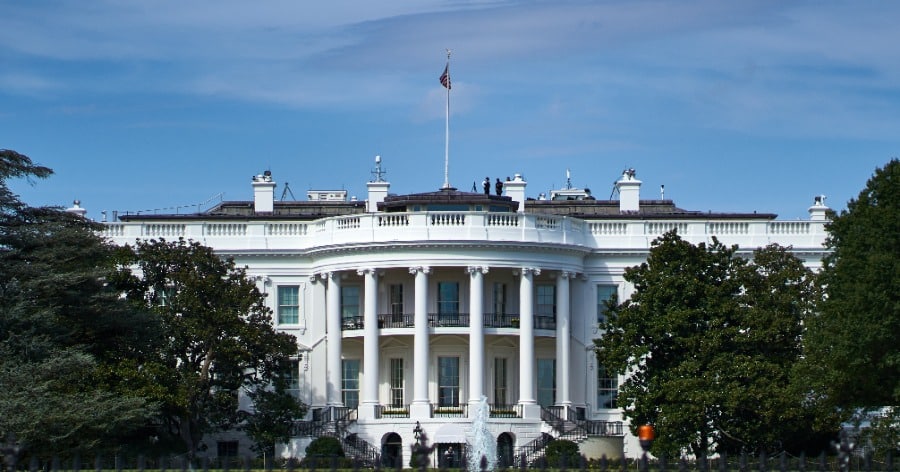Defense Secretary Robert Gates has sounded the charge against a cunning enemy that felled many a budget warrior before him: the spending barons in Congress. And the lawmakers have already launched a mean counterattack.
Standing on the steps of the library named for former president and fellow Kansan General Dwight D. Eisenhower, Gates channeled Ike Saturday in a speech about how the military’s profligate ways are threatening our national security. The influx of money that doubled the Defense Department’s (DOD) base budget over the last decade has exacerbated DOD’s inability to set priorities, he said. Further, cost overruns on major weapons systems have resulted in a smaller, more expensive force, and a thickening layer of management is eating up funds.
True, but Gates is hardly the first Pentagon overseer to make these observations. Defense secretaries including Donald Rumsfeld and Dick Cheney raised their swords against DOD waste only to be felled by the triumvirate of defense companies, military brass and lawmakers that Eisenhower branded the “military industrial complex.”
So what’s different this time? Rather than a peaceful post-war economy, the United States is staring down a trillion-dollar deficit. This bulging debt threatens to hollow out a lot more than our military: By weakening our economy it could devalue America’s standing in the world and make us more vulnerable to threats.
Gates was quick to point out this common enemy requires a united front among all branches of government. “Changing the way we operate and achieving substantial savings will mean overcoming steep institutional and political challenges – many lying outside the five walls of the Pentagon,” he said. Exhibit A is the current arm-wrestling match between Gates and Congress over the C-17 cargo plane and a second engine for the Joint Strike Fighter aircraft. The Air Force has repeatedly said it has enough C-17s and none of the military services want the second engine, launched by Congress as a cost-saving (and job-creating) measure that studies now show will produce slim savings for its $3 billion cost. Gates has said he will ask President Obama to veto any defense spending bill containing funds for either program.
Yet just four days after Gates’ speech, a House Armed Services subcommittee added $485 million to the FY2011 Defense authorization bill for the engine, manufactured by General Electric and Rolls Royce. Rep. Joe Wilson (R-SC) inserted a 1.9 percent pay raise for troops in another subcommittee markup despite Gates’ assertion that Congressional refusal to adjust TRICARE premiums while adding yet more to the annual military pay raise contributes to overwhelming personnel costs. And Sen. Daniel Inouye (D-HI) —chairman of both the Senate Appropriations Committee and the committee’s defense subcommittee—on Tuesday expressed his support for both the alternate engine and more C-17s.
The political incentive to budget for the voters of today rather than the taxpayers of tomorrow is a scourge that Congress must confront if we are going to win the battle of the bulging deficit. Lawmakers cite their purse-string holding rights in defending programs like the alternate engine, saying DOD shouldn’t be allowed to call all the budgetary shots. This argument would be more convincing if it wasn’t so patently obvious that they chose their pet programs based on hometown jobs and political donors rather than national security. Recognizing these programs add up to something bigger than the sum of their parts is the responsibility of those endowed with the power to spend our money.
“One of the members of Congress, I’m told, said ‘Well, why is $3 billion for the alternative engine such a big deal when we’ve got a trillion-dollar deficit?’” Gates told reporters before his speech. “I would submit that’s one of the reasons we have a trillion-dollar deficit.”
Touché.











Get Social